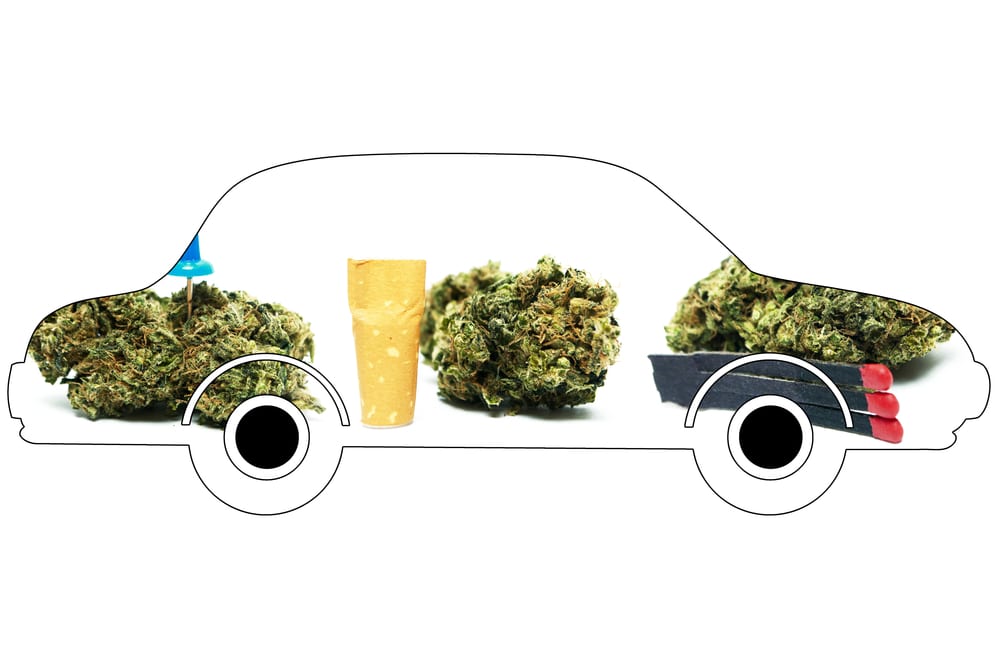While the law is the same for marijuana as it is for alcohol, the way police enforce drugged driving is much different from how they enforce drunk driving. As a result, defending against OUI charges that involve marijuana is different, as well.
Call 207-571-8146 or contact us online to schedule a consult with one of our highly skilled criminal defense & OUI lawyers, serving Southern Maine, today.
Table of Contents
Marijuana OUI Laws in Maine
In Maine, the law prohibiting OUI is written down at Maine Revised Statute 29-A §2411. This law penalizes anyone who “operates a motor vehicle” while either:
- Under the influence of intoxicants; or
- Having a blood alcohol content (BAC) at or above the legal limit of 0.08%.
The first possibility makes OUI law broad enough to include people who are not drunk, but who are feeling the effects of any intoxicating substance. This includes:
- Illegal drugs, like heroin, cocaine, LSD, or ecstasy;
- Semi-illegal drugs, like marijuana;
- Prescription drugs like sleeping pills;
- Over-the-counter medication, like allergy pills that can cause drowsiness; or even
- Caffeine.
How does Law Enforcement Detect Drugged Driving in Maine?
While Maine’s OUI law includes almost any impairing drug under the sun in addition to alcohol, that does not mean that drugged driving and drunk driving are treated the same by police.
Simply put, police have breathalyzers and blood tests that can quickly determine an OUI suspect’s BAC, which can show whether a driver is per se over the legal limit of 0.08%. When it comes to drugged driving, though, there is no legal limit of THC that makes a driver per inebriated, and no reliable way to even detect THC in a driver.
Instead, when a police officer conducts a traffic stop and is confronted with someone who seems to be under the influence of something, but who passes a breathalyzer test with flying colors, what happens next is easily challenged in court.
Whether the officer conducts field sobriety tests or just makes an arrest based on a hunch that the driver is high on marijuana or other drugs, the prosecutor’s case against the driver may have holes in it that a skilled OUI-defense lawyer can take advantage of.
Even when the arresting officer has passed the Drug Evaluation and Classification Program, also known as DEC, their decision to arrest someone for driving under the influence of drugs is often inaccurate.
This program aims to train police officers on how to detect the presence of different drugs in different people based simply on how they’re acting.
However, traffic stops only give police a few minutes of interaction with which to note the signs that a driver is high. Worse, the DEC program can only deal in generalities – showing police officers how people usually act while under the influence of particular substances.
Different people act differently when they have taken drugs, and the DEC program cannot cover all of the possibilities.
Legalization of Marijuana in Maine
Maine is in the middle of steady progress of legalizing marijuana. While marijuana is still considered a controlled substance under federal law, Maine was one of the first states in the U.S. to allow people with certain medical conditions to grow and use marijuana for medicinal purposes. Additionally, Mainers voted to allow the recreational use of marijuana in 2016, triggering a long process of regulatory steps by the state that needs to be completed before legal marijuana can be safely bought and sold in the state.
In the context of OUI law, neither Maine’s medicinal marijuana law nor the development of its recreational marijuana law will help drivers who have been pulled over, arrested, and charged with drugged driving. Just like alcohol is a legal substance but can lead to an OUI conviction, marijuana can still serve as the basis for an OUI arrest, even if it is legally obtained and used.
Call 207-571-8146 or contact us online to schedule a consult with one of our highly skilled criminal defense & OUI lawyers, serving Southern Maine, today.
Marijuana OUI penalties in Maine
A conviction for a marijuana OUI carries the same penalties as a conviction for one involving alcohol, and depends largely on whether you have had any prior OUI convictions in the past ten years:
| Fines | License Suspension | Jail Sentence | |
| First Offense | Minimum of $500 | 150 days | No mandatory minimum |
| Second Offense | Minimum of $700 | 3 years | Minimum of 7 days |
| Third Offense | Minimum of $1,100 | 6 years | Minimum of 30 days |
| Fourth or Subsequent Offense | Minimum of $2,100 | 8 years | Minimum of 6 months |
These are just the baseline penalties, though. Any of the following aggravating factors can enhance the penalties in your OUI marijuana case:
- Refusing to submit to a breath or blood test for your BAC;
- Evading a police officer or refusing to pull over for a traffic stop;
- A car accident resulting in serious bodily injury or death;
- Driving more than 30 miles per hour over the speed limit; or
- Being arrested with a passenger in the car who was under 21 years old.
Consequences of a Marijuana OUI in Maine
In addition to the fines, jail time, and license suspension that you can face with a conviction for marijuana OUI in Maine, there are also a host of hidden consequences of having a criminal background. These are called collateral consequences because they fall outside the realm of the penalties that the state issues. The collateral consequences of an OUI involving marijuana become far more severe if the OUI offense was a felony. Felonies trigger far more collateral consequences than misdemeanors do. Thankfully, most OUIs – those that do not involve aggravating factors or are committed by people with relatively clean criminal backgrounds – are not felonies.
However, the collateral consequences of a marijuana OUI can be especially severe for some people based on their line of work. Professional drivers who are convicted for OUI are likely to lose their job or at a minimum suffer adverse employment action like a probationary period. Because they involve drugs, marijuana OUIs can also lead to serious repercussions for people leading careers in, for example, law enforcement or education.
How to Defend Against Marijuana OUI Charges in Maine
Defending against any allegation of OUI in Maine is essential – the costs of a conviction are steep, and the inconvenience of a license suspension can strain all aspects of your life.
Defending against a charge of OUI involving marijuana, though, is even more important because law enforcement often struggles to put together persuasive evidence of drugged driving. Raising effective legal defenses that create reasonable doubts about the prosecutor’s case or exclude what little they have against you.
Call 207-571-8146 or contact us online to schedule a consult with one of our highly skilled criminal defense & OUI lawyers, serving Southern Maine, today.
Challenging the Legality of the OUI Traffic Stop
The vast majority of the evidence against you in a marijuana OUI case will have been uncovered during the traffic stop. However, police cannot just pull people over for no reason – they need to have probable cause to believe that a crime is being committed. If you can show that they had no probable cause for the traffic stop, you can get the evidence discovered at the stop excluded from trial, potentially dooming the prosecutor’s case.
Challenging the Officer’s Testimony
Without a reliable way to detect the amount of THC in a driver’s system to determine if they are “under the influence” of marijuana, most of the evidence against allegedly drugged drivers comes in the form of the arresting police officer, saying they were drugged. Even if the officer did pass the Drug Evaluation and Classification Program, the statements that they provide are weak, at best.
Challenging Positive Blood or Urine Tests
In many cases of marijuana OUI, prosecutors present blood, urine, or even hair samples that were tested and came back positive for THC. The problem with these samples is that THC stays in your blood, urine, or hair for far longer than it affects your ability to drive. For example, it can take up to a month for THC to completely leave a driver’s urine. Until then, urine tests will come back “positive” for THC. Prosecutors often try to spin this is a sign that a driver was under the influence of marijuana at the time of their arrest, even though the allegedly impairing effects of THC will have been gone for weeks.
Contact a Marijuana OUI lawyer in Maine
The OUI defense lawyers at Maine Criminal Defense Group represent people in Maine who have been pulled over and arrested for both drunk and drugged driving, including those who have been accused of driving while impaired by marijuana.
OUI marijuana cases are winnable, and raising defenses to an allegation of driving while high on marijuana can prevent a criminal charge from turning into a costly criminal conviction.
If you have been pulled over, arrested, and charged with a marijuana OUI, you need legal help to make sure you invoke your rights and present the defenses that are most likely to succeed in your given case.
The criminal defense lawyers at The Maine Criminal Defense Group can help. Call us directly at (207) 571-8146 or contact us directly online.
Call 207-571-8146 or contact us online to schedule a consult with one of our highly skilled criminal defense & OUI lawyers, serving Southern Maine, today.
Blog Posts

OUI cases in Maine usually start when a law enforcement officer pulls over a vehicle. From that point, many things can happen but if the officer even has a slight[...]

January 11th, 2025, in Skowhegan, Maine, a Maine Department of Transportation plow truck sustained a head-on collision caused by a drunk driver on Route 2, as reported by law enforcement.[...]

The tragic events of a fatal car crash in 2023 that claimed the lives of four young people have finally reached a pivotal legal outcome. Noelle Tavares, a former Maine[...]

In most states, there are many different places that the average person can take a driving course to satisfy court requirements as related to an DUI conviction. However, in the[...]
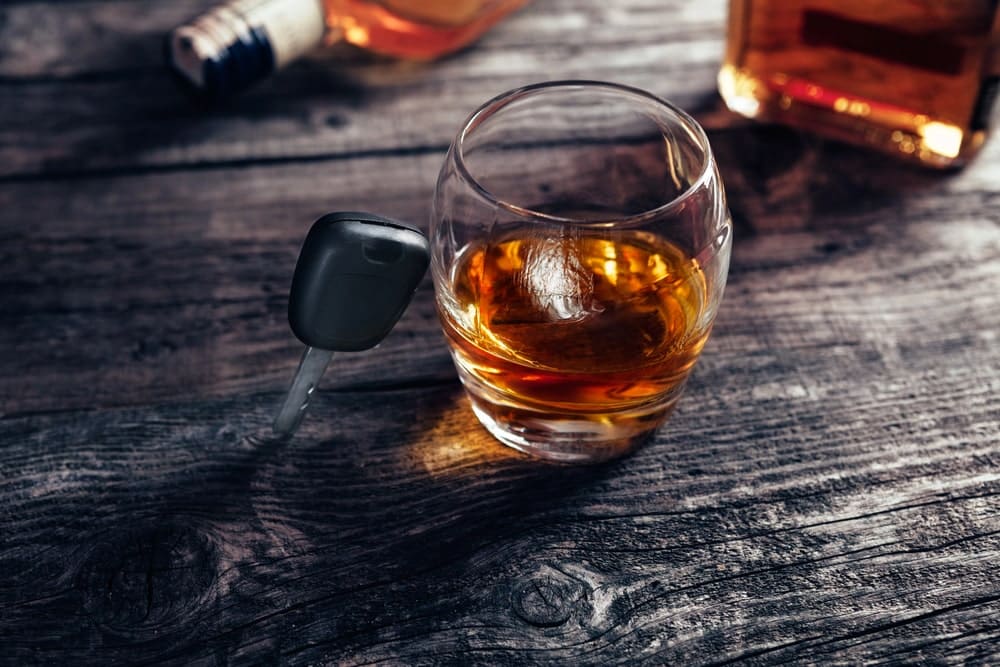
Defending against OUI offenses in Southern Maine Anyone charged with a 2nd OUI in Maine should expect little leniency from the criminal justice system. This makes it even more important[...]
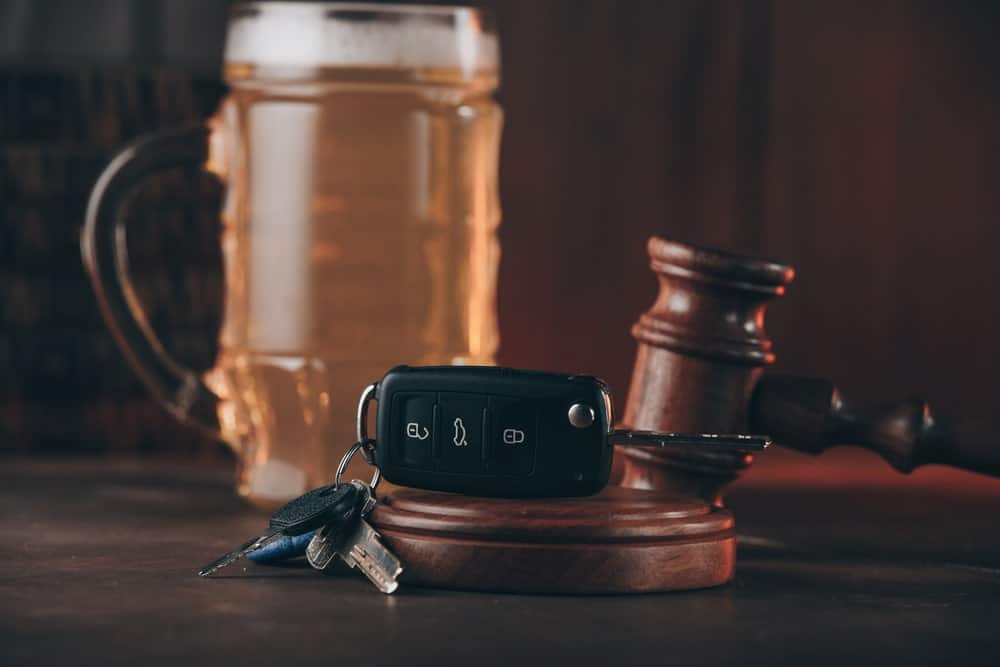
Defending against OUI Refusals in Southern Maine Did you know that it is a criminal offense to refuse to submit to a chemical test if lawfully requested to do so[...]
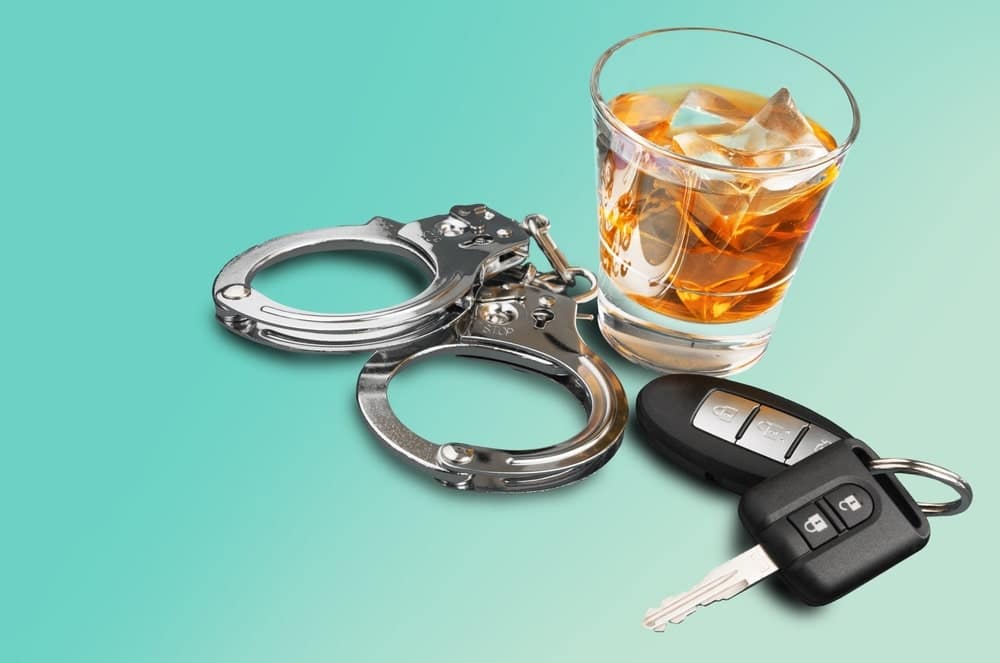
Reducing an OUI charge in Maine OUI charges are handled severely in Maine. For many people, a drunk-driving charge is their first time dealing with the criminal justice system and,[...]

Alcohol laws of Maine While you should be aware of the strict OUI laws in Maine, it’s also important to know about other ways you can face a traffic infraction[...]
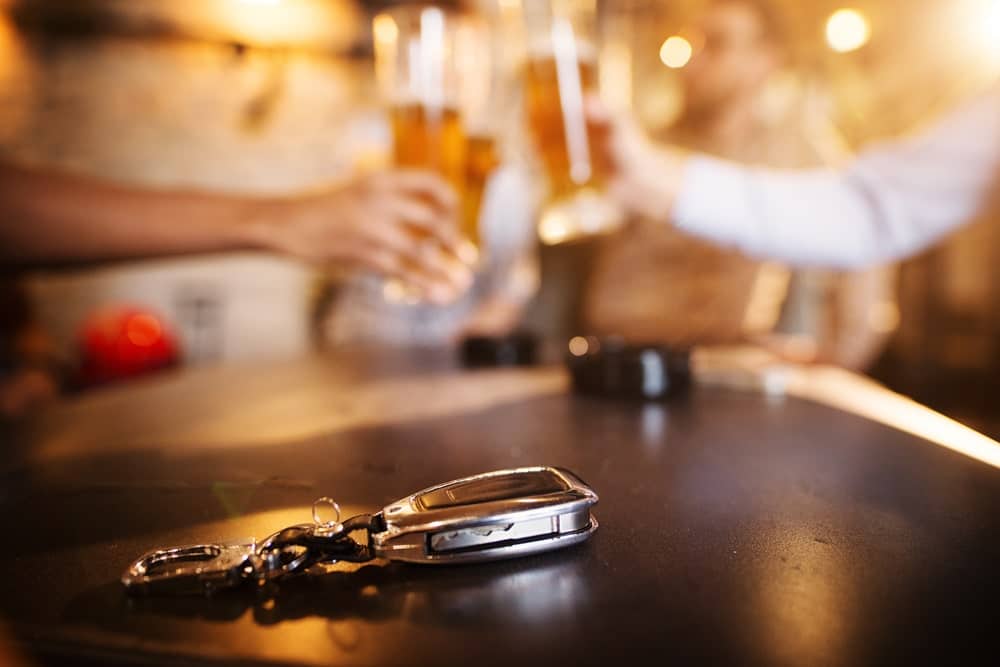
Defending against OUI offenses in Southern Maine A first OUI in Maine can potentially have long-term consequences, but with the right legal representation, alleged offenders can escape the harshest penalties.[...]
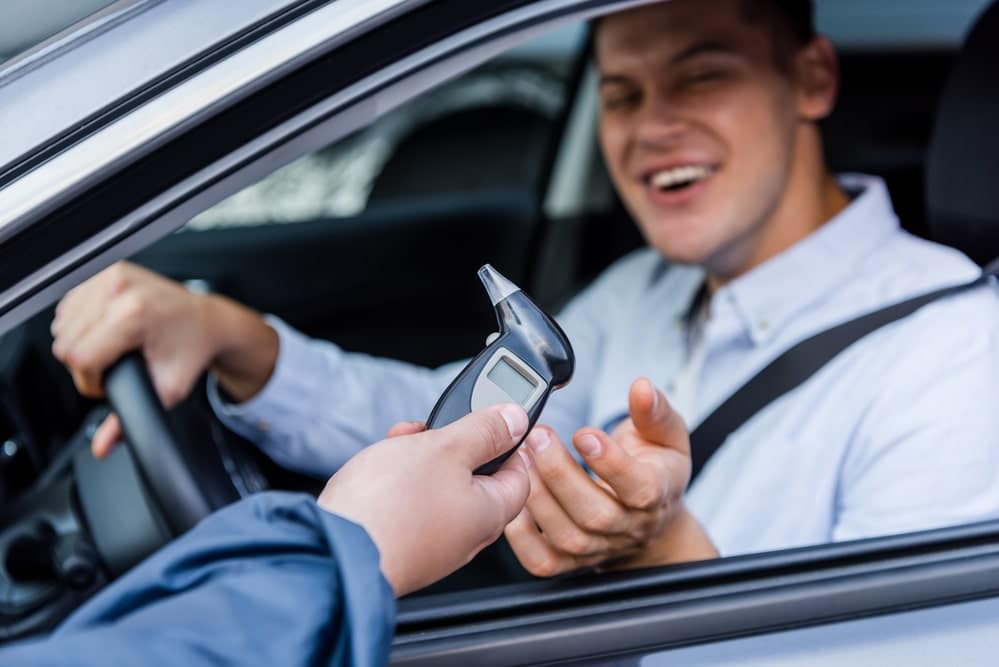
If you blow under .08 in a DUI breath test in Maine, it may be jumping the gun to breathe a huge sigh of relief. You may not be “free[...]
